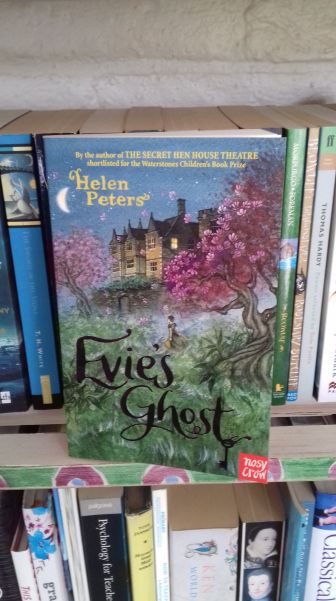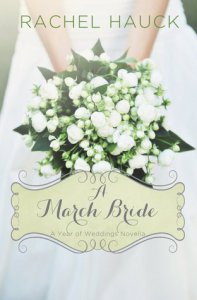Here’s a good book for 10-14 year-olds. I’ve just finished reading it and here are my first unformed thoughts. Evie’s mum goes off on her honeymoon and sends her to stay with her eccentric godmother, who lives in a flat that is part of a converted old mansion. On her first night, Evie sees a ghostly figure at her window and runs from her room to find that she has time-slipped to 1814. She finds out more about the ghostly girl and realises that she’s been sent back in time to fix the past.
The writing is straightforward and brings no surprises. It’s accomplished and does its job. (Although I have to say that I nearly didn’t get beyond the first sentence in which Evie orders a hot chocolate and a doughnut.) The premise owes a lot to Tom’s Midnight Garden by Philippa Pearce. It does a great job of addressing a key issue about the mansions that appear in both books: they were often paid for and maintained by the suffering of others. Helen Peters has clearly done her research and the information she tells us about life for the lowly housemaid is fascinating, very necessary for today’s children to know, although at times I felt as if I was being lectured a little. The main character, Evie, is a sassy, modern girl and Helen Peters uses her as a vehicle to express how times have changed, for women in particular. She only just gets away without making Evie slightly irritating. (There’s an important lesson here for me and other authors choosing to write with the voice of a young person.)
I was, however, completely gripped by the plot. Just when I thought Evie had solved the problem and that all would end well, I glanced at my progress through the book and wondered what Ms Peters would do with the other half of it. There are numerous twists and turns, and towards the end she introduces a new dilemma I hadn’t even thought of. I just couldn’t put it down and found myself skipping chunks to find out what would happen. (I don’t like doing this and had to force myself to slow down. It seems wrong, when an author has laboured over every sentence, to skip any of them as if they don’t matter.) I was very satisfied by the ending, although not the very ending, which I thought was too sentimental.
This is a good read. Flawed perhaps, but I am not here to criticise; I have nothing but admiration for anyone who writes a decent novel and this had me welded to the sofa forsaking food for the duration. I want to read more by Helen Peters and I am now going to check out The Farm Beneath the Water, even though the picture on the cover would indicate that a grown man shouldn’t.

Share this:





